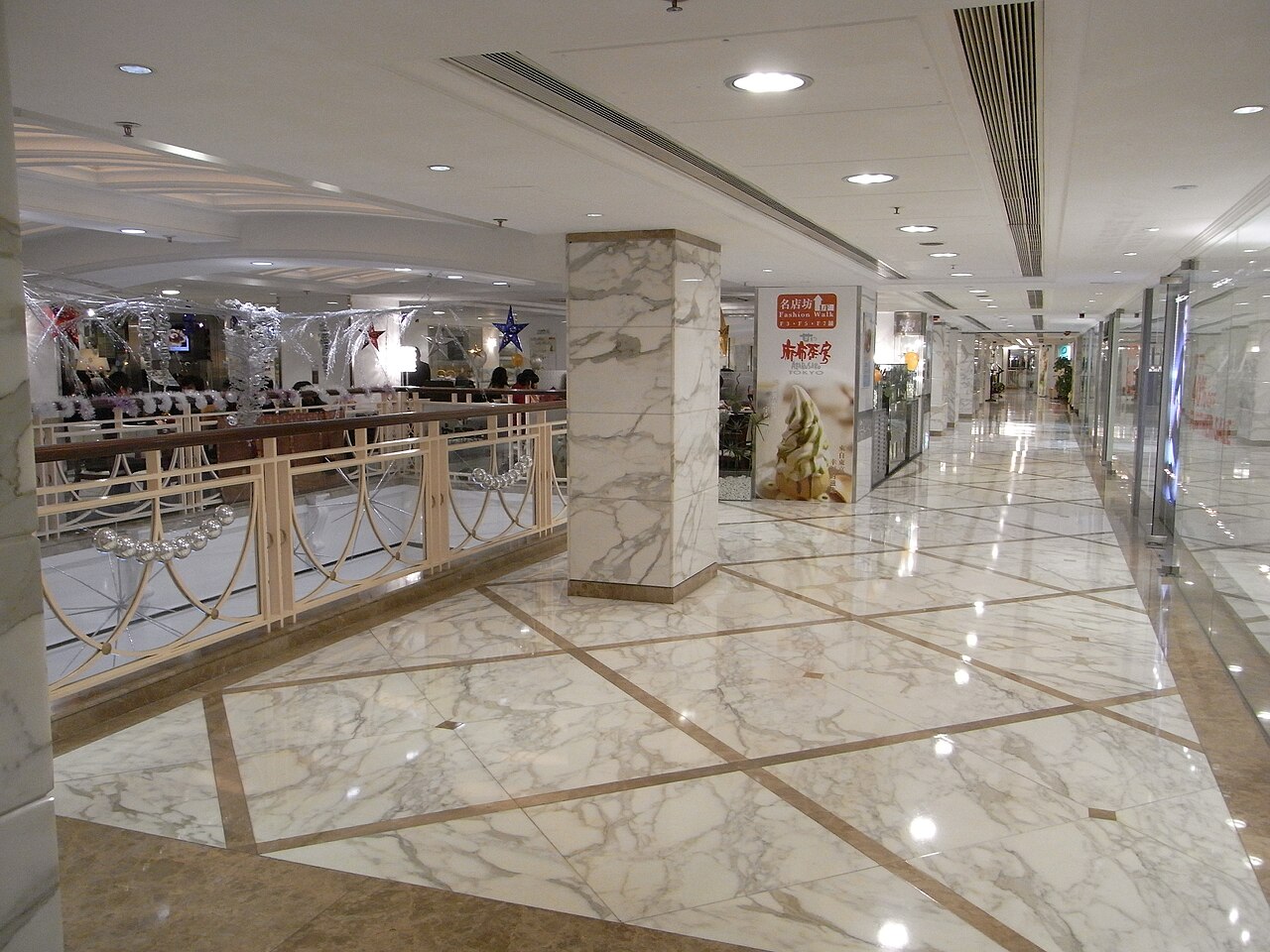If you have natural stone in your home then you may want to know if you need stone sealing. Natural stone is quite complicated to understand and it is best to consult an expert. before you do enquire about stone sealing, you may be interested to know a few things about it. Keep reading to find out if you need stone sealing, what stone sealer is and does.
What is natural stone sealing?
This is the process that a stone care service provides. It is the process of sealing stone surfaces with a sealer. The stone surface should be tested and checked before sealing is done.
Keep in mind that Sealing will not prevent etching or scratching.
What is a stone sealer?
A stone sealer is a type of coating that is poured onto the natural stone to help reduce and protect against stains caused by spilt liquids onto the floor or surface. The sealer runs into the pores of the stone and hardens, this then slows down the time it takes for any staining from spilt liquids. This makes it less likely to stain because you will have more time to clean up the spill. All stones are porous, some stones like limestone are more porous than others.
Types of stone sealer
There are many different brands of sealer available, but here is a list of the different types of sealer that are offered.
- Penetrating Sealers: These sealers permeate the surface of the stone without leaving any noticeable colour change to the surface.
- Enhancing Sealers: This sealer penetrates the stone surface and enhances the qualities of the stone, without making it glossy.
- Topical Sealers: This type of sealer sits on the top of the surface and does not penetrate. It is like a protective barrier that sits on the surface.
Should I seal Limestone?
This stone is very porous and is used on footpaths, walkway areas and other places where people walk. In these types of instances, it is best to seal the stone, because it will protect it from dirt, oil and other stains. Sealing does not need to be used when limestone is used as doorways and walls and other upright constructions. This is because it will be less likely to be stained or damaged by people traffic.

photo of a limestone walkway
Should I Seal Marble?
Polished marble closes the pores on the surface which acts as a sealer in itself. Travertine when polished, also becomes less absorbent. The sealer may not actually be able to seal the marble or travertine. Marble is a dense stone and when polished it is very stain resistant, so it may not need to be stained. Marble is very good as a benchtop surface and in the kitchen. Whereas more absorbent stone like limestone is not a good choice for the kitchen because it is very porous.

Image of a marble floor.
Should I Seal Travertine?
Most often, it is not necessary to seal a travertine surface if it has been polished. This is because the travertine is a dense stone and the polishing closes off the pores, preventing any liquid from entering it.

Image of a Travertine floor